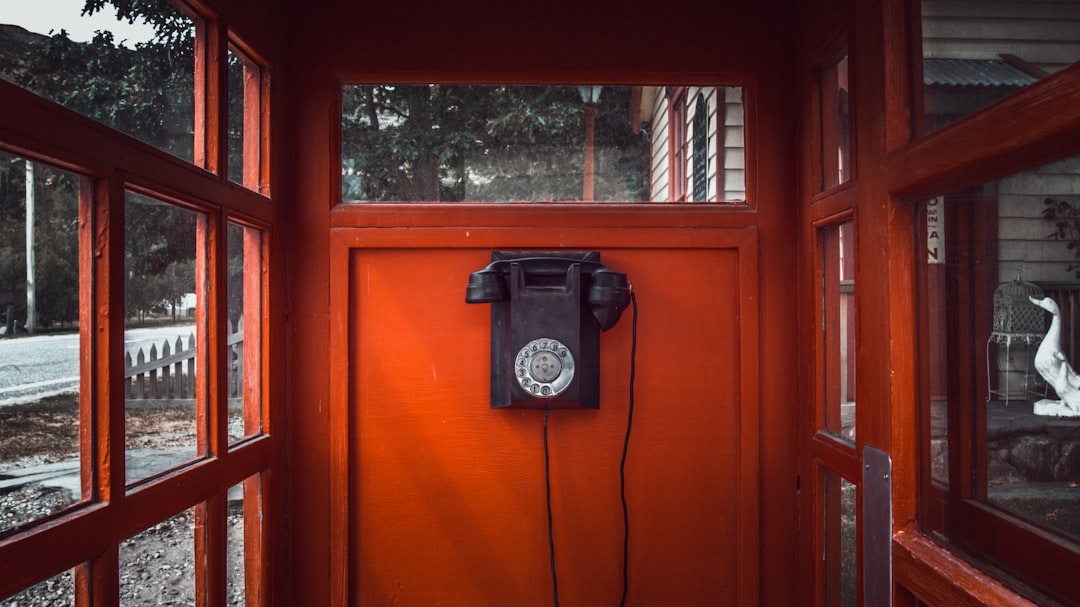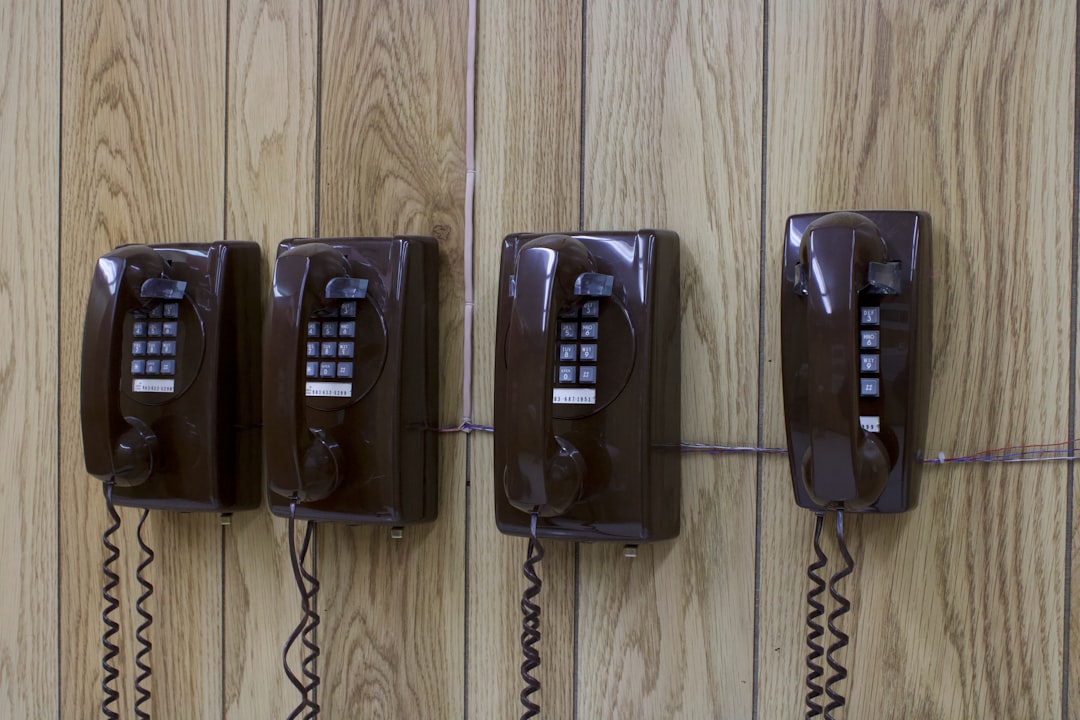Robocalls in Olathe, Kansas, have become a privacy concern, prompting residents to understand their legal rights under the Telephone Consumer Protection Act (TCPA). While some automated calls are legal for specific purposes, unwanted robocalls can be stopped through registration on the National Do Not Call Registry, call-blocking tools, software, and updating phone security. Legal action against robocallers involves evidence collection, consulting an attorney, filing a lawsuit, and seeking monetary compensation or injunctive relief. Knowledge of local laws is vital for effective mitigation.
In the digital age, robocalls have become a ubiquitous yet unwanted nuisance. Olathe, Kansas residents may wonder if they can take legal action against these automated calls. This article explores the legality of robocalls in Kansas and outlines steps to sue for unwanted calls. We’ll delve into when robocalls are permissible and guide you through the process in Olathe. Additionally, discover effective strategies to combat these persistent intruders and reclaim your peace of mind.
Understanding Robocalls and Their Legal Ramifications in Kansas

Robocalls, automated phone calls from a recorded message system, have become a common nuisance for many Olathe, Kansas residents. While they might seem like harmless marketing tools, robocalls can be intrusive and often violate individual privacy rights. In Kansas, as in most states, there are strict laws in place to protect citizens from unwanted phone solicitations, including robocalls. These laws provide consumers with the right to silence these calls and seek legal recourse if their rights are violated.
The Telephone Consumer Protection Act (TCPA) is a federal law that regulates automated phone calls and texts, giving rise to potential legal action for violators. It allows recipients to file complaints against companies or individuals who make unsolicited robocalls, potentially resulting in substantial monetary damages. In Kansas, the Attorney General’s Office actively enforces these rules, ensuring compliance with TCPA standards. So, if you’ve received a robocall in Olathe and wish to take action, understanding your legal options under state and federal regulations is key.
When is it Legal to Receive Robocalls?

In Kansas, as in many states, robocalls are generally legal under certain circumstances. Automated calling systems are often used by businesses and organizations for legitimate purposes such as political campaigns, debt collection, or marketing initiatives. These calls are typically allowed as long as they comply with state and federal laws, including the Telephone Consumer Protection Act (TCPA). The TCPA sets restrictions on automated calling, requiring consent from recipients before making robocalls. This consent can be given explicitly or through certain actions that imply agreement, like answering the phone.
There are, however, exceptions to this rule. Some calls, such as those from government agencies or non-profit organizations with specific permissions, are exempt from TCPA restrictions. It’s important for residents in Olathe, Kansas, to understand their rights and know when a robocall is not only legal but expected. This way, they can avoid misinterpreting legitimate communications as unwanted or harassing calls, fostering a healthier relationship with automated marketing and informational services.
The Process of Suing for Robocalls in Olathe, KS

In Olathe, Kansas, suing for robocalls typically involves a series of steps designed to navigate the legal system effectively. The process begins with gathering evidence, such as recordings of the calls, dates, and times they occurred, and any identifying information about the caller. This documentation is crucial in building a solid case. Next, you’ll need to consult with an attorney who specializes in consumer protection or telecommunications law. They can provide guidance tailored to your situation and help determine whether your case has merit.
Once ready, you file a lawsuit against the perpetrator(s) of the robocalls in the appropriate court. In Kansas, this could be a district or municipal court, depending on the nature and extent of the violation. During litigation, your attorney will present the evidence, argue for compensation or relief, and represent your interests. If successful, you may receive damages, a court order stopping the calls, or both, as determined by the judge. Remember, understanding local laws and seeking professional legal advice are essential steps in considering legal action against robocallers in Kansas.
Effective Strategies to Stop Unwanted Robocalls

Unwanted robocalls can be a nuisance, but there are several effective strategies to help stop them in Olathe, Kansas. One of the most straightforward methods is to register your phone number on the National Do Not Call Registry. This federal list restricts telemarketers from calling numbers listed on it, offering some relief from unsolicited calls. Additionally, many telephone service providers offer call-blocking features or apps that can filter out robocalls.
For more robust protection, consider using specialized software designed to identify and block robocalls. These technologies use advanced algorithms to recognize patterns typical of automated calls, effectively reducing the volume of unwanted interactions. Regularly updating your phone’s operating system and security software is also crucial, as patches and updates often include fixes for new types of spamming techniques used by robocallers.






